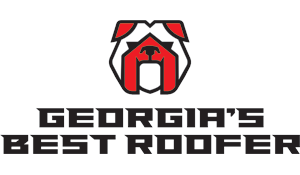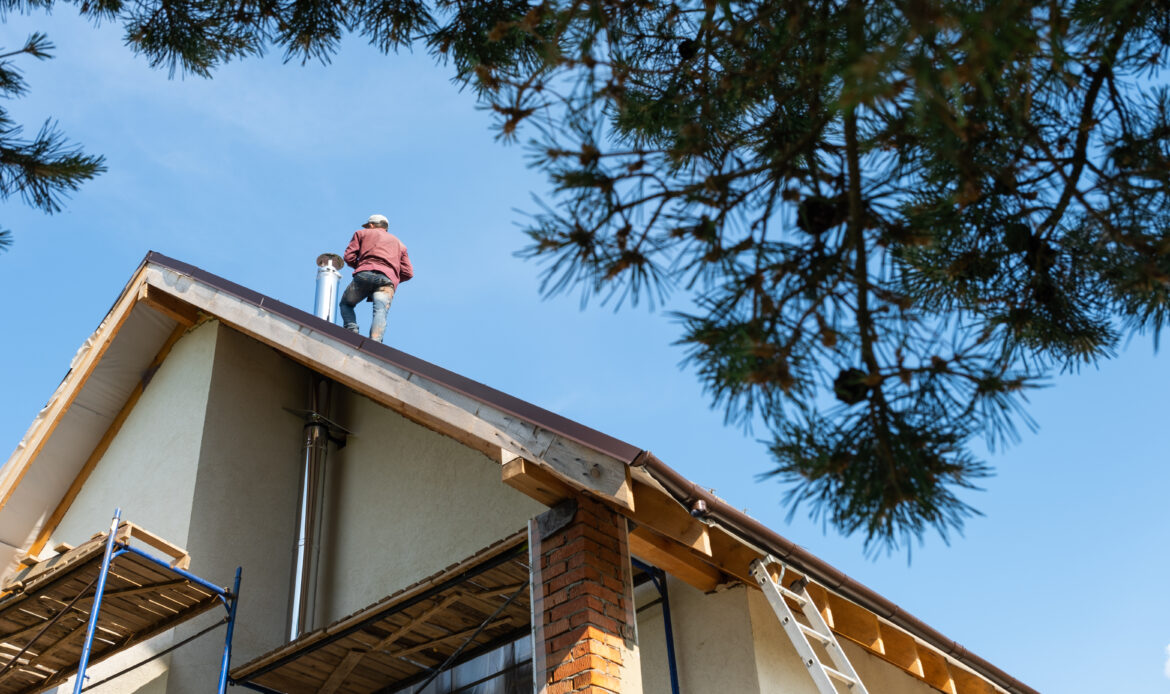When it comes to maintaining your home, one of the most critical aspects is roofing. Your roof is your first line of defense against the elements, and in Georgia, the weather can be quite challenging. Understanding how Georgia weather affects your roof can help you take proactive steps in roofing maintenance and repair, ensuring your home remains safe and sound.
Georgia’s humid subtropical climate means high levels of moisture year-round. This constant exposure to humidity can lead to issues like mold, mildew, and rot in your roofing materials. Asphalt shingles, a popular choice for many Georgia homeowners, can deteriorate faster under these conditions. Regular maintenance checks are essential to catch early signs of moisture damage and prevent costly repairs.
Summers in Georgia can be scorching, with temperatures often exceeding 90 degrees Fahrenheit. Prolonged exposure to intense heat and UV radiation can cause roofing materials to weaken, crack, or curl. Metal roofs can expand and contract, leading to potential structural issues over time. To combat this, consider investing in UV-resistant materials and reflective coatings that can help reduce heat absorption and prolong the life of your roof.
Georgia is no stranger to severe thunderstorms, especially during the spring and summer months. Heavy rainfall, hail, and strong winds can wreak havoc on your roof, causing leaks, missing shingles, and even structural damage. Regular roofing maintenance, including checking for loose or damaged shingles and ensuring gutters are clear of debris, can mitigate the effects of storm damage. After a major storm, a professional roofing inspection is crucial to identify and repair any issues promptly.
While Georgia winters are relatively mild compared to northern states, they can still pose challenges for your roof. Occasional freezing temperatures and ice accumulation can lead to ice dams, which can cause water to seep under shingles and into your home. To prevent this, ensure your attic is well-insulated and ventilated, and keep an eye on your roof for ice buildup during cold snaps.
Regular maintenance is key to extending the lifespan of your roof and preventing minor issues from becoming major problems. Here are some tips for effective roofing maintenance in Georgia:
- Schedule Routine Inspections: Have a professional inspect your roof at least twice a year, ideally in the spring and fall, to catch any potential issues early.
- Clean Your Gutters: Clear gutters and downspouts of leaves and debris to prevent water backup and damage to your roof and foundation.
- Trim Overhanging Branches: Trees near your home can drop branches and leaves onto your roof, causing damage and promoting mold growth.
- Check for Signs of Wear: Look for cracked, curled, or missing shingles, and address these issues promptly to avoid further damage.
Despite your best efforts at maintenance, there will be times when roof repair is necessary. Common signs that you need professional roofing repair include:
- Persistent Leaks: If you notice water stains on your ceiling or walls, it’s time to call in a professional.
- Visible Damage: Cracked or missing shingles, damaged flashing, and sagging roof sections are clear indicators of needed repairs.
- Increased Energy Bills: A damaged roof can affect your home’s insulation, leading to higher heating and cooling costs.




